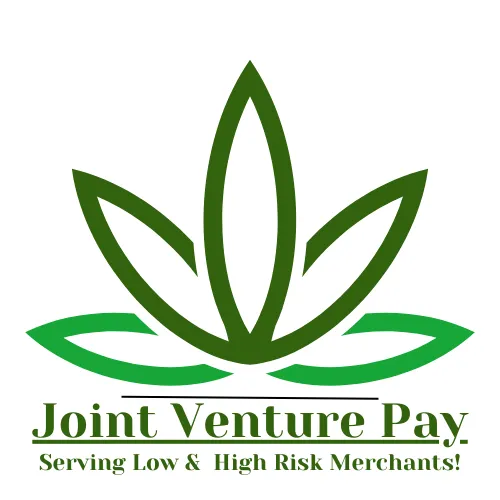Frequently Asked Questions
Why is payment processing important?
Payment processing is essential for businesses to securely and efficiently accept payments from customers, increasing convenience and improving sales opportunities.
Why is taking electronic payments important?
Industry data shows that businesses that accept electronic payments see a growth of 20% to 40%. It increases customer spending, expands the customer base, allows ecommerce, is more convenient, and leads to more impulse purchases.
Is payment processing secure?
Yes, reputable payment processors use encryption, tokenization, and adhere to PCI DSS (Payment Card Industry Data Security Standard) compliance to protect sensitive data.
What is PCI compliance, and why does it matter?
PCI compliance is a set of security standards designed to ensure that all companies that accept, process, store, or transmit credit card information maintain a secure environment. Non-compliance can lead to fines and data breaches. You will be asked to become PCI compliant within the first 30 days of activation. If you need assistance, please reach out to your Account Officer, they will assist you. Also, you will need to rescan and recertify at least every 12 months. (High-Risk sometimes requires quarterly scans).
What is tokenization in payment processing?
Tokenization replaces sensitive payment data with a unique identifier or "token," making the original data inaccessible in the event of a breach.
What is a payment gateway?
A payment gateway is a technology that securely transmits payment details from a customer to the payment processor and authorizes transactions.
What is the difference between a payment gateway and a payment processor?
A payment gateway is the technology that captures and transmits payment data, while the processor facilitates the transaction between the customer's and merchant's banks.
Do I need a payment gateway for online payments?
Yes, a payment gateway is essential for securely accepting payments on e-commerce websites.
Are digital payments safe for customers?
Yes, payment processors use advanced security measures like encryption and fraud detection to protect customer information.
What should I do if a payment fails?
Double-check payment details, ensure sufficient funds are available, and contact your payment processor for support if the issue persists. Always call your Account Officer! We are here to help you!
How do I handle chargebacks?
Respond promptly with relevant documentation to dispute invalid chargebacks. Want more protection? Ask us about Chargeback Mitigation. We would be happy to set you up with a demo!
What is recurring billing?
Recurring billing is an automated payment system that charges customers at regular intervals (e.g., monthly for subscriptions).
What are interchange fees?
Interchange fees are charges set by card networks that are paid by merchants to card-issuing banks for processing credit and debit card transactions. The least expensive type of payment processing program is an "Interchange Plus" program where the cost of the processing is added onto the Interchange fee. (Interchange is also sometimes referred to as "Cost Plus" or "Wholesale Plus") Currently, (1/09/2025), the "Average Interchange Rate" sits at about 1.81%.
What is a virtual terminal?
A virtual terminal is a software application that allows merchants to manually enter and process card transactions online, often used for phone or mail orders.
What is an EMV chip?
EMV chips are embedded in credit/debit cards to enhance security by generating a unique transaction code for each payment.

